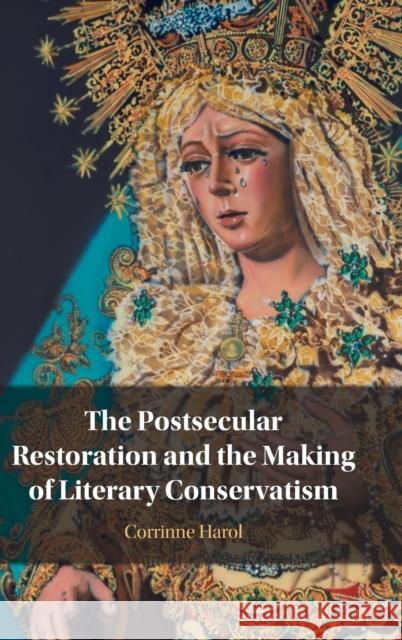The Postsecular Restoration and the Making of Literary Conservatism » książka
topmenu
The Postsecular Restoration and the Making of Literary Conservatism
ISBN-13: 9781009273480 / Angielski / Twarda / 2022 / 252 str.
The Postsecular Restoration and the Making of Literary Conservatism
ISBN-13: 9781009273480 / Angielski / Twarda / 2022 / 252 str.
cena 367,48
(netto: 349,98 VAT: 5%)
Najniższa cena z 30 dni: 363,06
(netto: 349,98 VAT: 5%)
Najniższa cena z 30 dni: 363,06
Termin realizacji zamówienia:
ok. 22 dni roboczych.
ok. 22 dni roboczych.
Darmowa dostawa!
Corrinne Harol reveals how secularization catalysed conservative writers to respond and thereby contribute impactfully to literary history.











